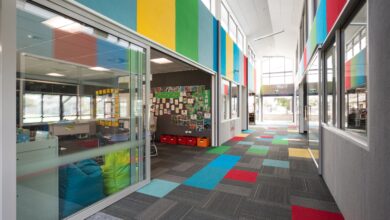Ārahi Programme Success at Nelson College for Girls Te Kura Tamawähine O Whakatü
The third oldest girls’ school in New Zealand, Nelson College for Girls broke new ground in 2018 by replacing its admin-heavy tutoring system with a new mentorship-led, combined year-level Ārahi group programme.
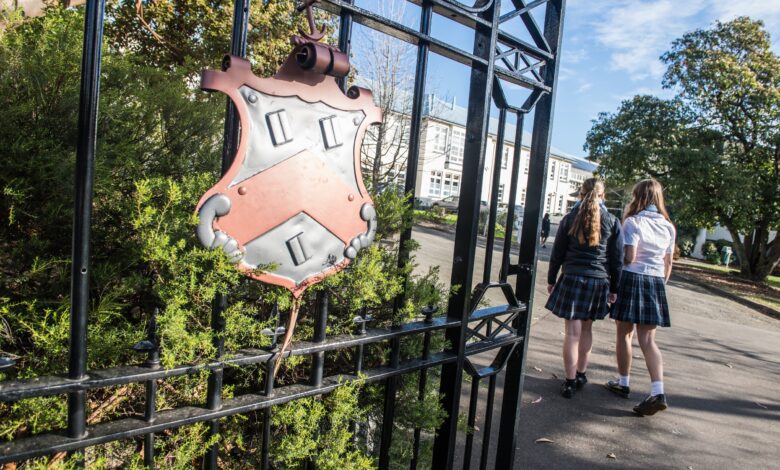
This strategic restructuring proved incredibly effective as the school recorded improved outcomes in attendance, student achievement, and wellbeing.
In fact, Nelson College for Girls was recognised for the incredible success of its new programme as a finalist in the category of Excellence in Wellbeing Education at the 2021 Prime Minister’s Education Excellence Awards. Supported by the Teaching Council, Education Review Office, and the New Zealand Trustees Association, these awards recognise teaching best practice by schools, and the Excellence in Wellbeing Education category recognises schools that have developed practices to enhance student wellbeing and have sustained those improved outcomes.
Before launching their new programme, Ewing says the school knew “the previous system of tutoring was not working well”.
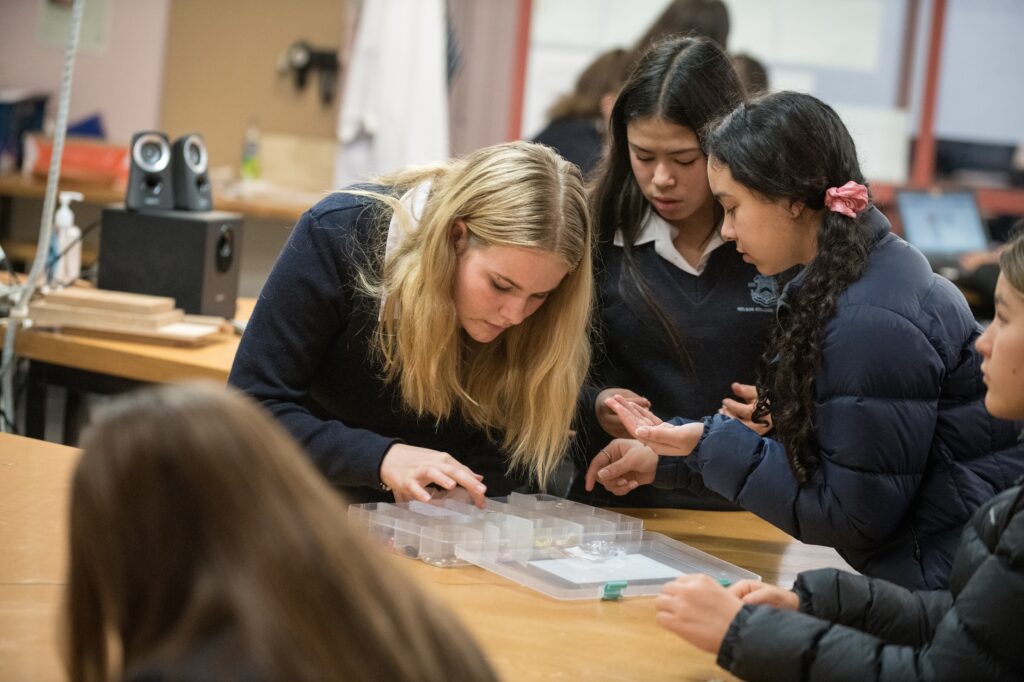
There was a “lack of engagement, partly because of [its] administrative nature and partly because it was at the start of the day” but also because the horizontal, one-year level system consisted of groups that were too large. So, the school began by “investigating what other schools were doing” and discovered “an interesting programme operating at another school”.
From a meeting with that school’s staff, they “developed the idea of a programme that was wellbeing focused, with the groups being smaller and vertical” combining students from Years 9– through to 13.
How tutor-time was restructured to improve wellbeing
Ewing explains: “We wanted the programme to be a significant period of time.” For this reason, the school reorganised their “timetable to incorporate the 1.5 hours per week we felt we needed,” resulting in three weekly half-hour sessions, that counted as contact time for teachers.
“This gave it greater value. The timing of the Ārahi sessions was also part way through the morning rather than at the start of the day.”
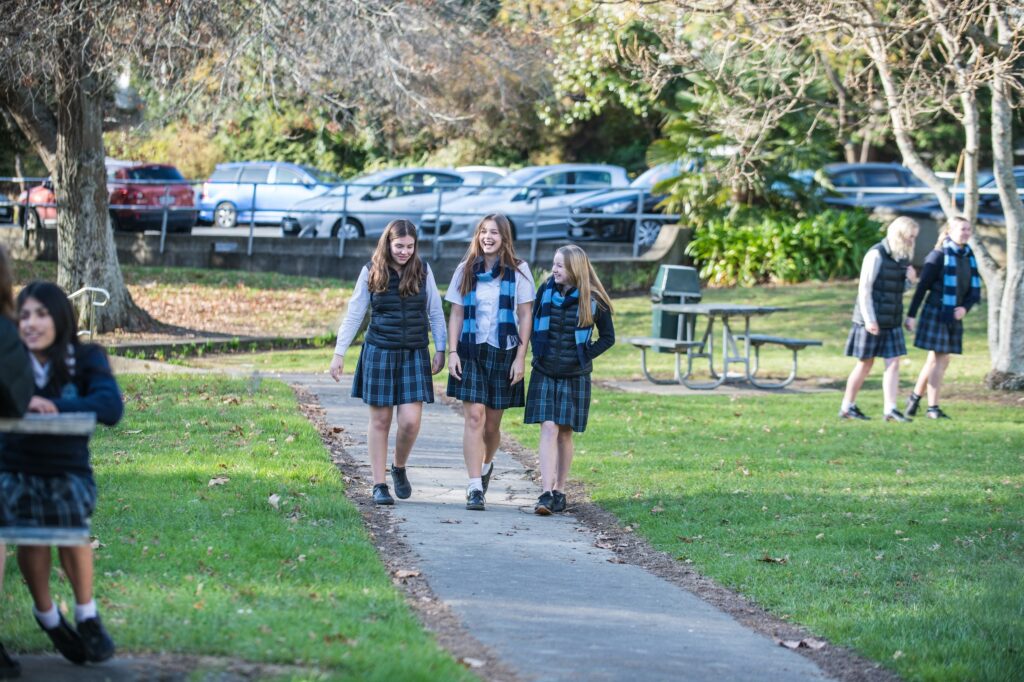
The school also found that reducing the size of the tutor groups by half to 15–17 students resulted in stronger relationships, and the combined-age groups forged more supportive connections between the students, with older students helping younger students navigate questions and any challenges they might have faced.
“The programme has a mentoring focus both about wellbeing and now also around academic mentoring,” says Ewing.
“The tuakana teina approach allows everyone to learn from each other. While there are themes for each term, each kaiārahi (mentor teacher) has considerable flexibility to make the programme meet the needs of the students in their Ārahi. Two staff who have Within School Teacher roles have developed considerable resources that are shared digitally, and each kaiārahi can choose to use these resources or to find other resources themselves. There is a lot of sharing of resources by staff.”
Professional development essential for student mentorship
Ewing describes professional development as vital to sustaining this programme: “We invested time for teachers to be trained in being wellbeing mentors, both by using internal staff and also external facilitators.
“Five groups of kaiārahi (pūtoi groups) meet regularly with a Senior Leader and a Dean. Each Dean is responsible for a vertical group of students rather than one year level.”
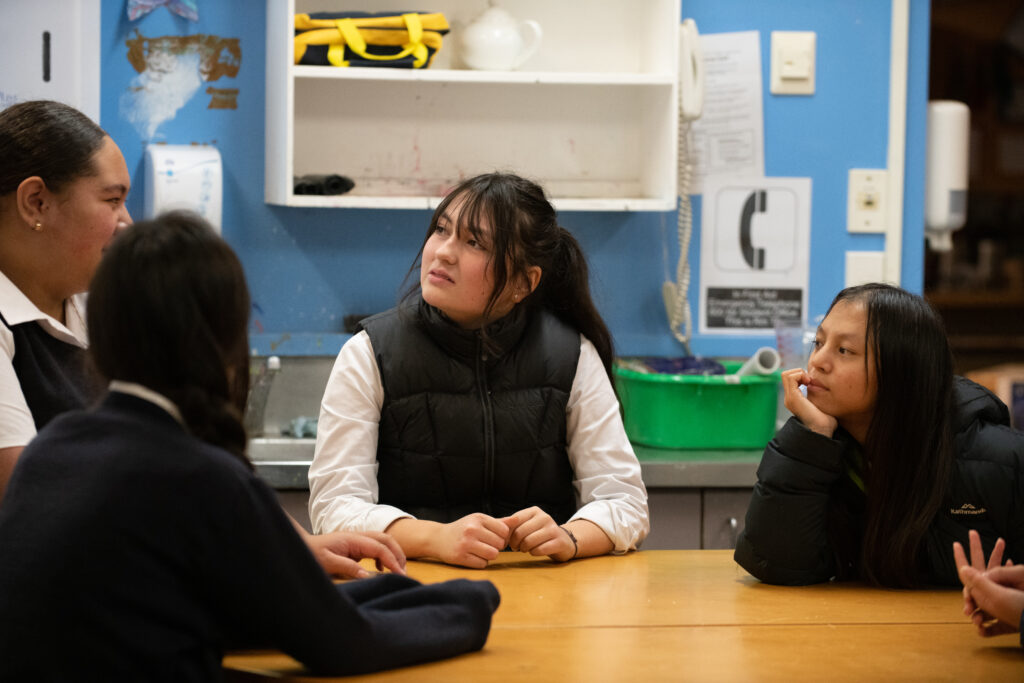
These pūtoi meetings offer “rich discussion about the Ārahi programme and sharing of ideas. It is also an opportunity for a Senior Leader and Dean to understand any issues with particular students, or groups of students.”
Ārahi programme improved attendance post-lockdown
Despite attendance being a challenge across New Zealand during and post-lockdown, the college’s Ārahi programme addressed these concerns head-on, according to Ewing.
The Principal notes: “During lockdown, the kaiārahi was a central contact with their students, which was very important to ensure that we knew how our students were coping.
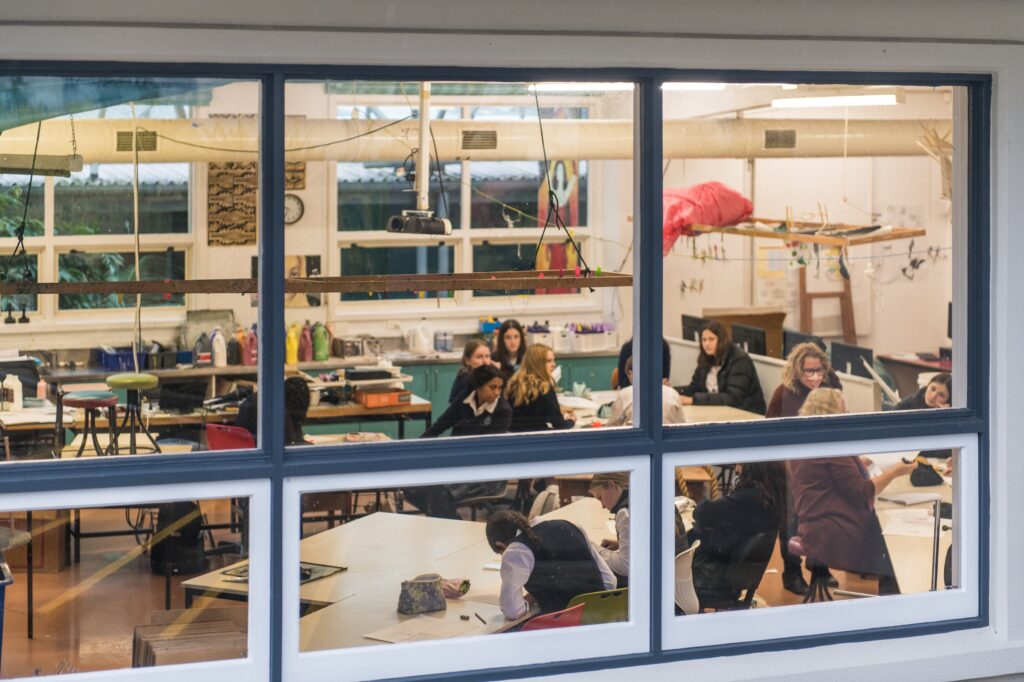
“At all times, the kaiārahi is an important connection with whānau, particularly around attendance but also about any other concerns. They are also proactive about giving positive messages to whānau.”
Ewing and her team of teachers, school leaders, and other staff, are constantly evolving and growing the programme.
Value-led learning initiatives
While initially focused on wellbeing, the groups are “now moving to include academic mentoring, checking in with Ārahi students about their learning progress”.
She says, “we are also developing Learning to Learn materials, starting with our learning values and moving to strategies to support learning.”
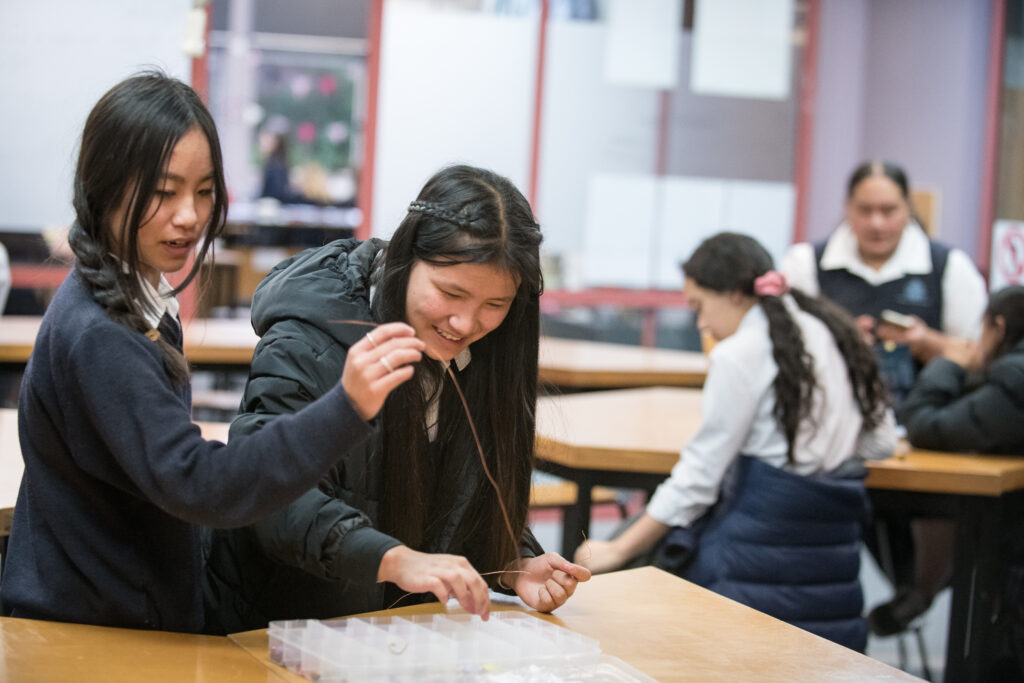
These Learning Values are Resilient, Resourceful, Reflective and Relational, and they coincide with the school’s Social Values of Positivity, Respect, Integrity, Diversity and Empathy.
Sheridan Mackenzie, the Transition and E-Learning Director (Seconded) at the college further explains that “all these values work across all curriculum areas to prepare students to become life-long learners”.
She says the school is “now in the process of producing material to help support the development of these skills in our ākonga [students]” and is confident that the college will continue to develop the Ārahi programme”. And, particularly, “to ensure that it develops in a way that continues to strengthen relationships across year levels”.
Principal Ewing confirms that attendance has improved steadily during the last term and they will begin to use the national advertising campaigns to boost attendance even more. Unfortunately, she says the launch had to be delayed because of the floods in the Nelson area.
The awards committee had no doubt that Nelson College for Girls would sustain the incredible progress of its new programme as “data shows improved attendance, better engagement and more positive attitudes, alongside a shift in student achievement”.




